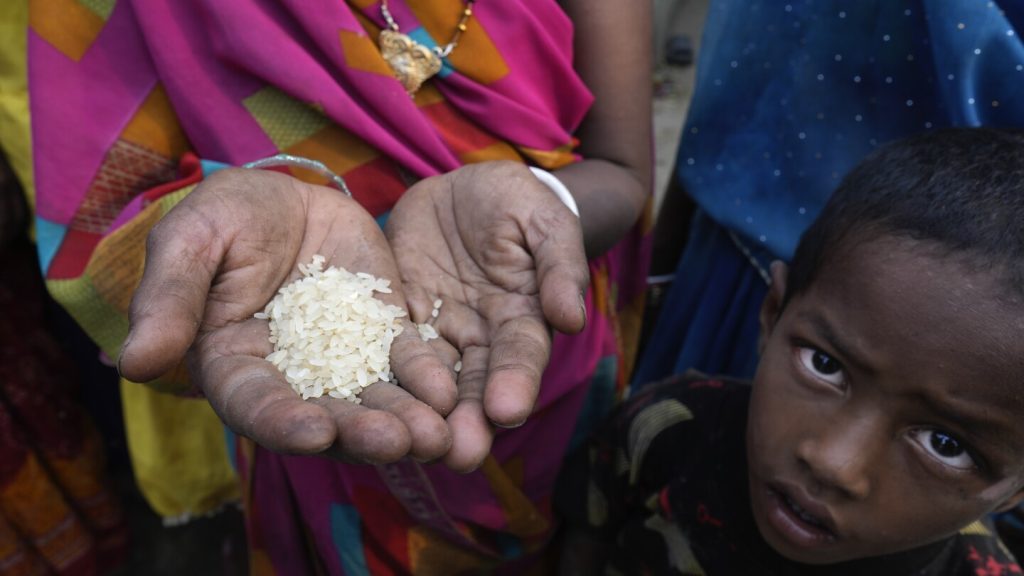In the upcoming election, Indian Prime Minister Narendra Modi is seeking a third term, touting his economic successes during his time in office. Under his leadership, India’s economy has seen significant growth, with the country’s stock markets booming and new infrastructure projects underway. However, there are underlying issues such as high unemployment and persistent poverty that some of Modi’s political challengers are taking aim at. While the economy has thrived for some, many people are still struggling to benefit from this growth, leading to concerns about inequality and access to economic opportunities.
Modi’s initial promises of transforming India’s economy from rural to industrial have seen some successes, with the economy growing at a rate of 7% and millions of Indians gaining access to formal banking services. The government has also invested heavily in infrastructure projects and streamlined welfare programs to support a large portion of the population. However, these efforts have not translated into widespread employment growth, with joblessness and underemployment becoming key election issues. Despite the economic growth, the majority of India’s working-age population still earns below the country’s average annual income, highlighting the disparity in wealth distribution.
In an effort to win over poor and disenfranchised voters, Modi and his Bharatiya Janata Party have unveiled a welfare agenda that includes over $400 billion in subsidies and cash transfers. The government has expanded free ration programs and provided various household goods and services to millions of people, particularly in rural areas. While these handouts offer temporary relief, experts warn that they may not address the root causes of economic distress. Investment in education and healthcare, which have stagnated in recent years, is seen as essential to reducing inequality and improving long-term economic prospects.
Opposition parties, led by the Congress party, are focusing on the jobs crisis as a key issue in the election. Surveys have shown that a significant portion of voters are concerned about unemployment and feel that economic opportunities have not increased. While official government data suggests a declining unemployment rate, reports from international organizations indicate high levels of youth unemployment and informal employment in India. Both the BJP and Congress party have promised to create more jobs, especially in sectors like construction and manufacturing, but experts note that creating sustainable employment is a complex challenge.
As the election approaches, the debate over wealth distribution and economic disparities continues to be a central theme. Opposition leader Rahul Gandhi has criticized the growing wealth gap in India and pledged to address it if his alliance comes to power. Modi, on the other hand, has defended his government’s track record, emphasizing the millions lifted out of poverty during his tenure. Both parties have outlined plans to boost employment through various sectors, but the focus on handouts as a solution to economic issues has raised concerns among experts. The need for job creation and sustainable economic growth remains a critical issue in India’s political landscape.


